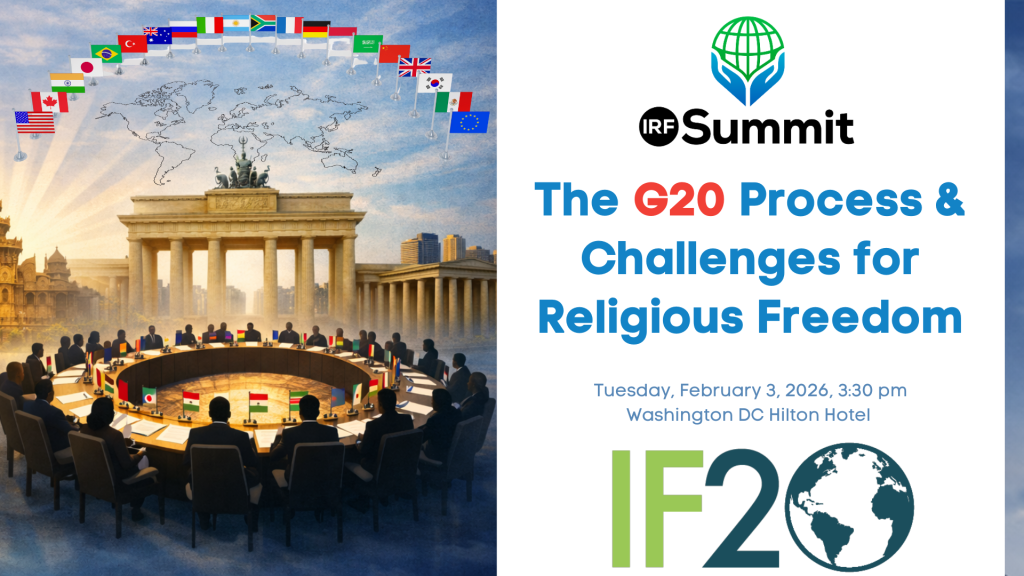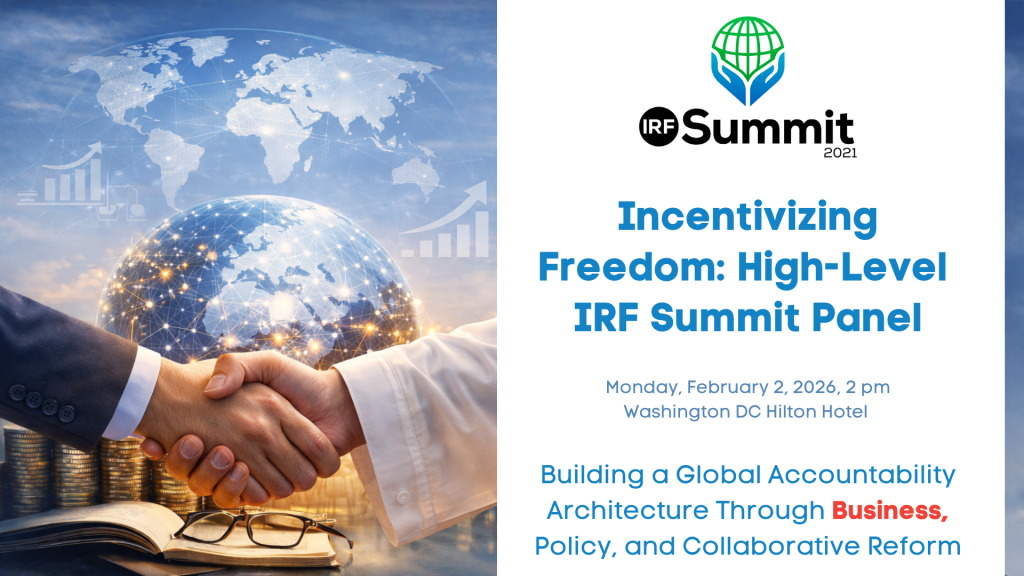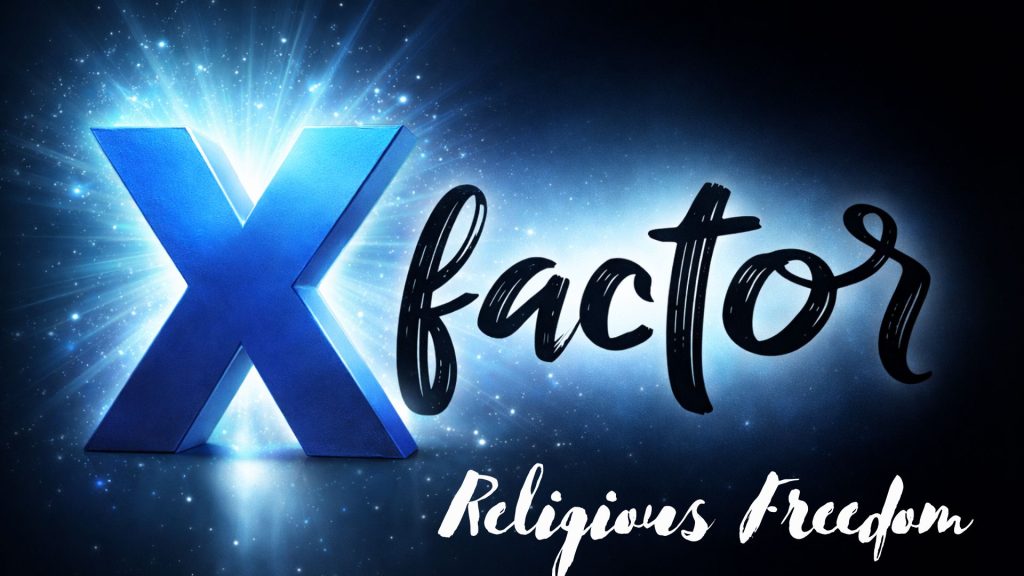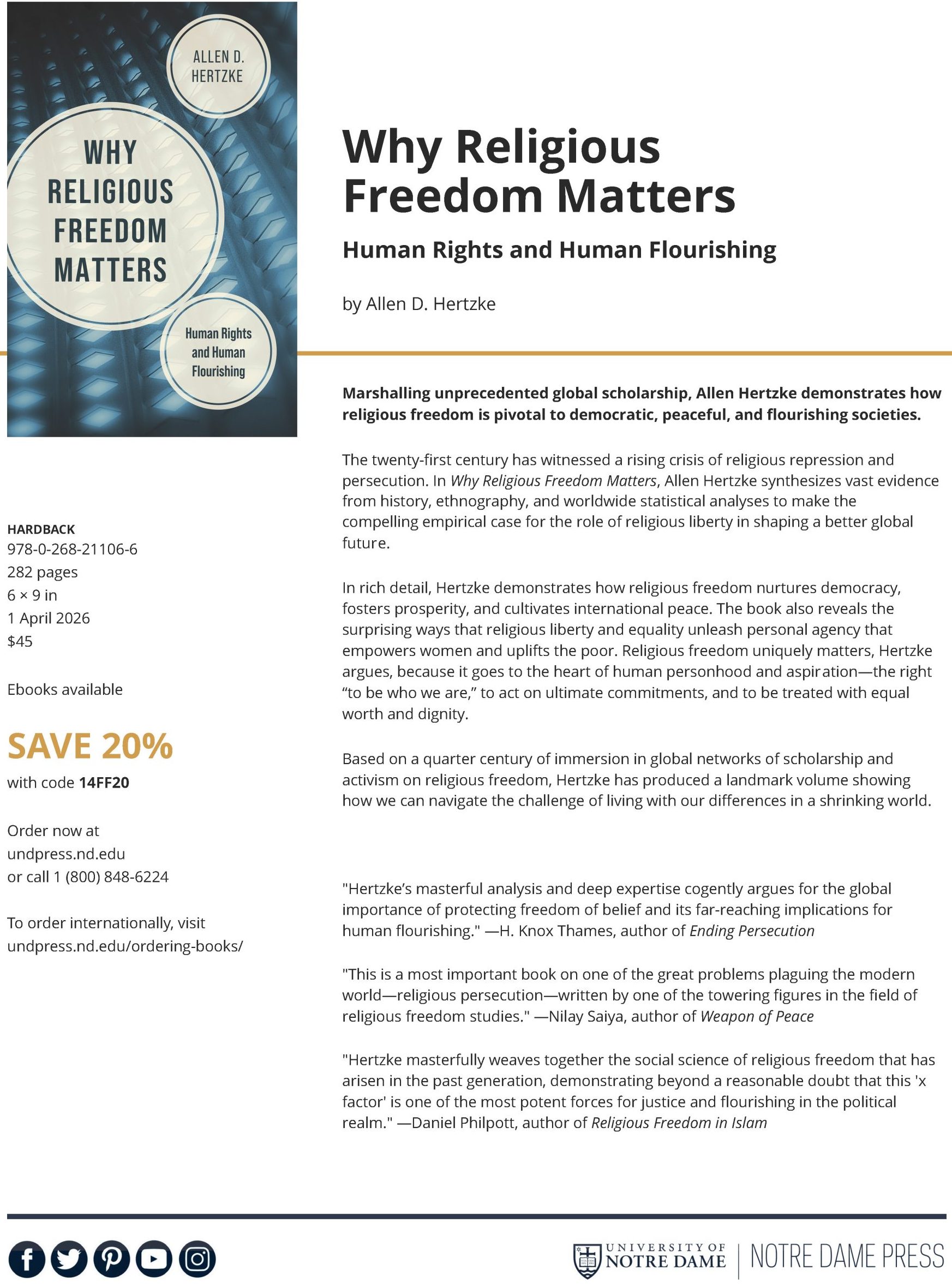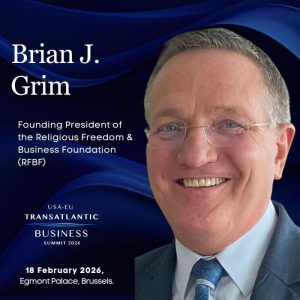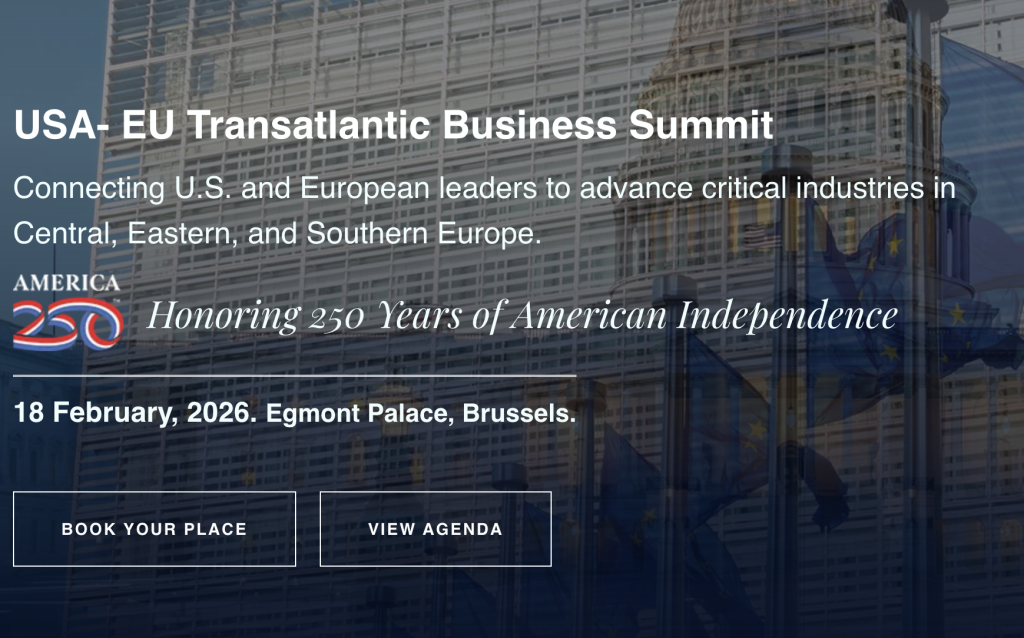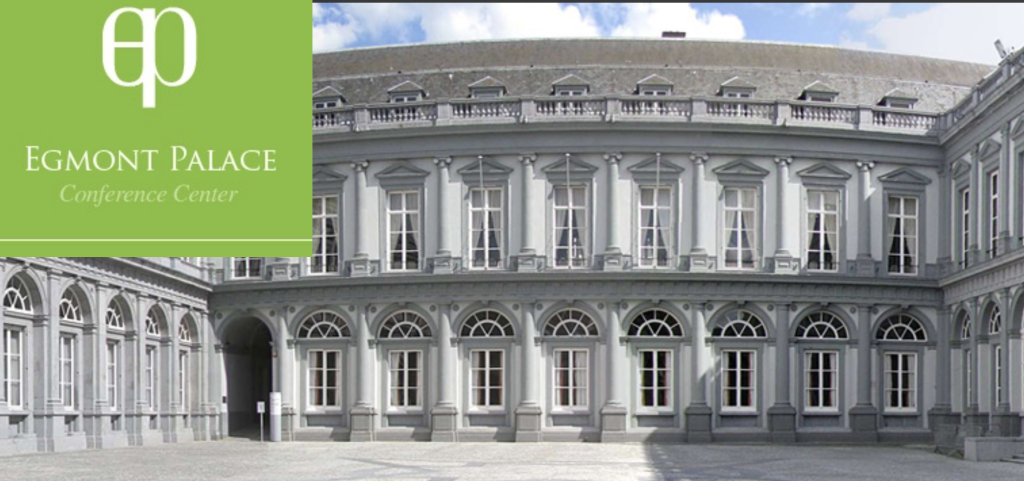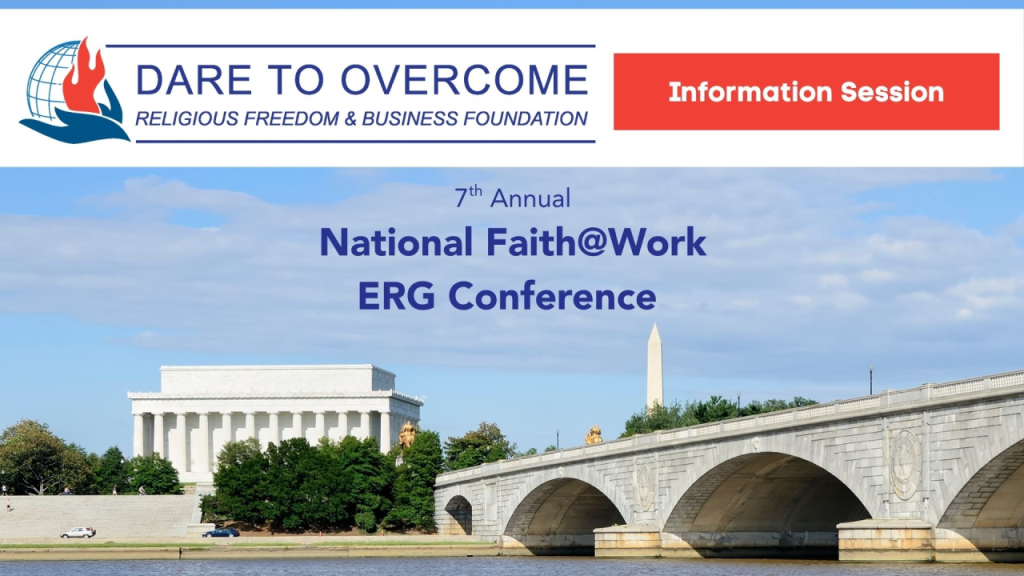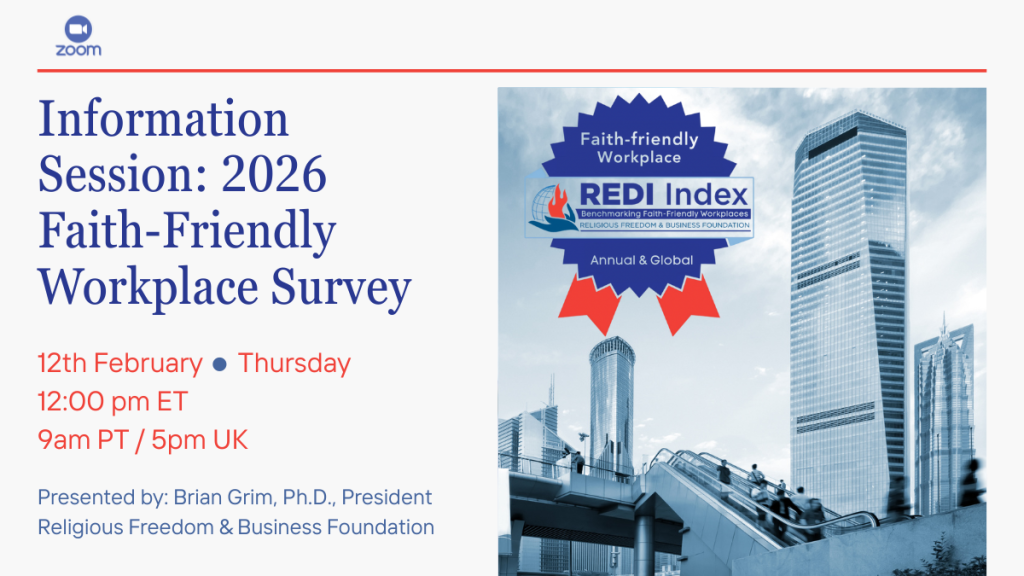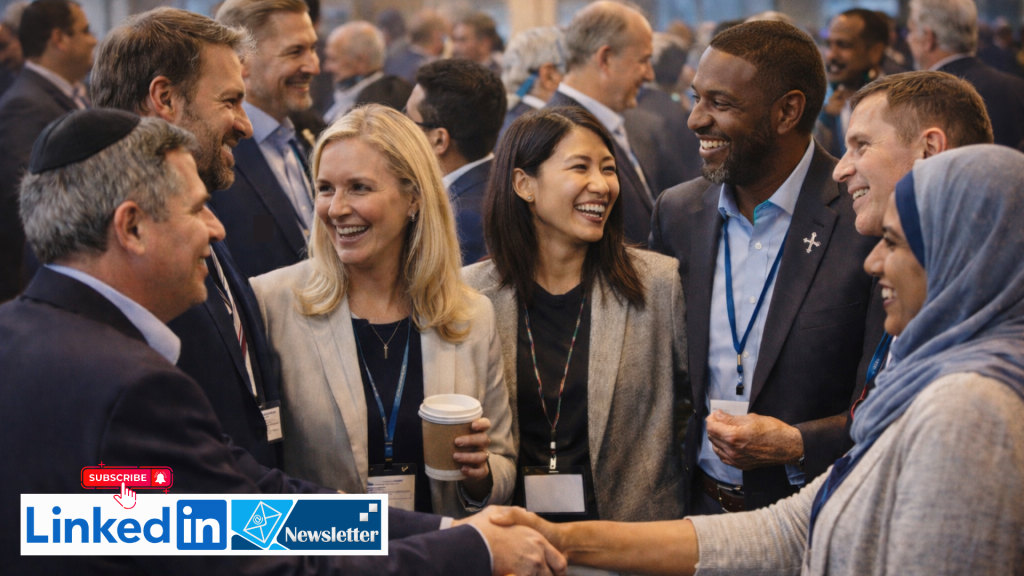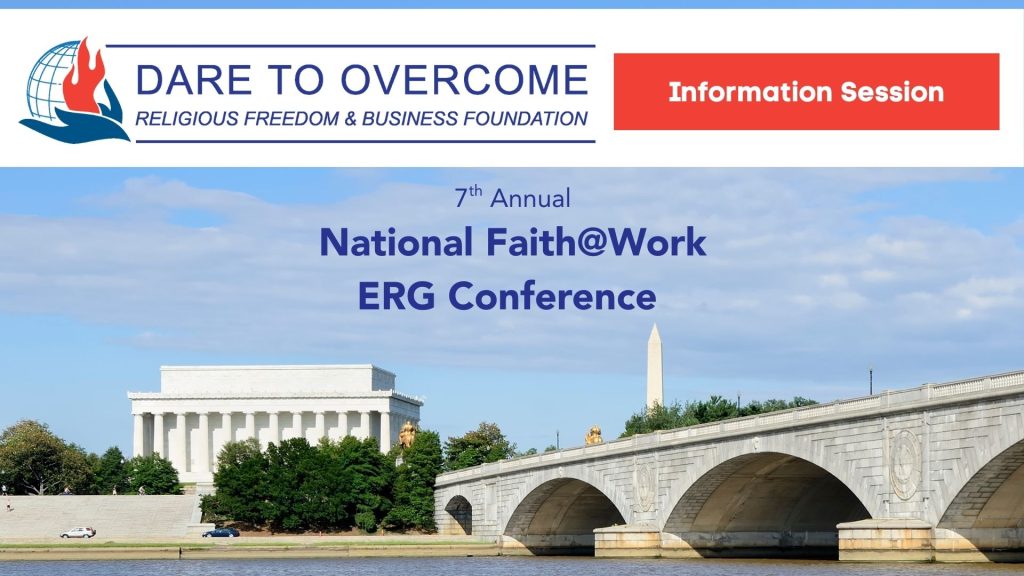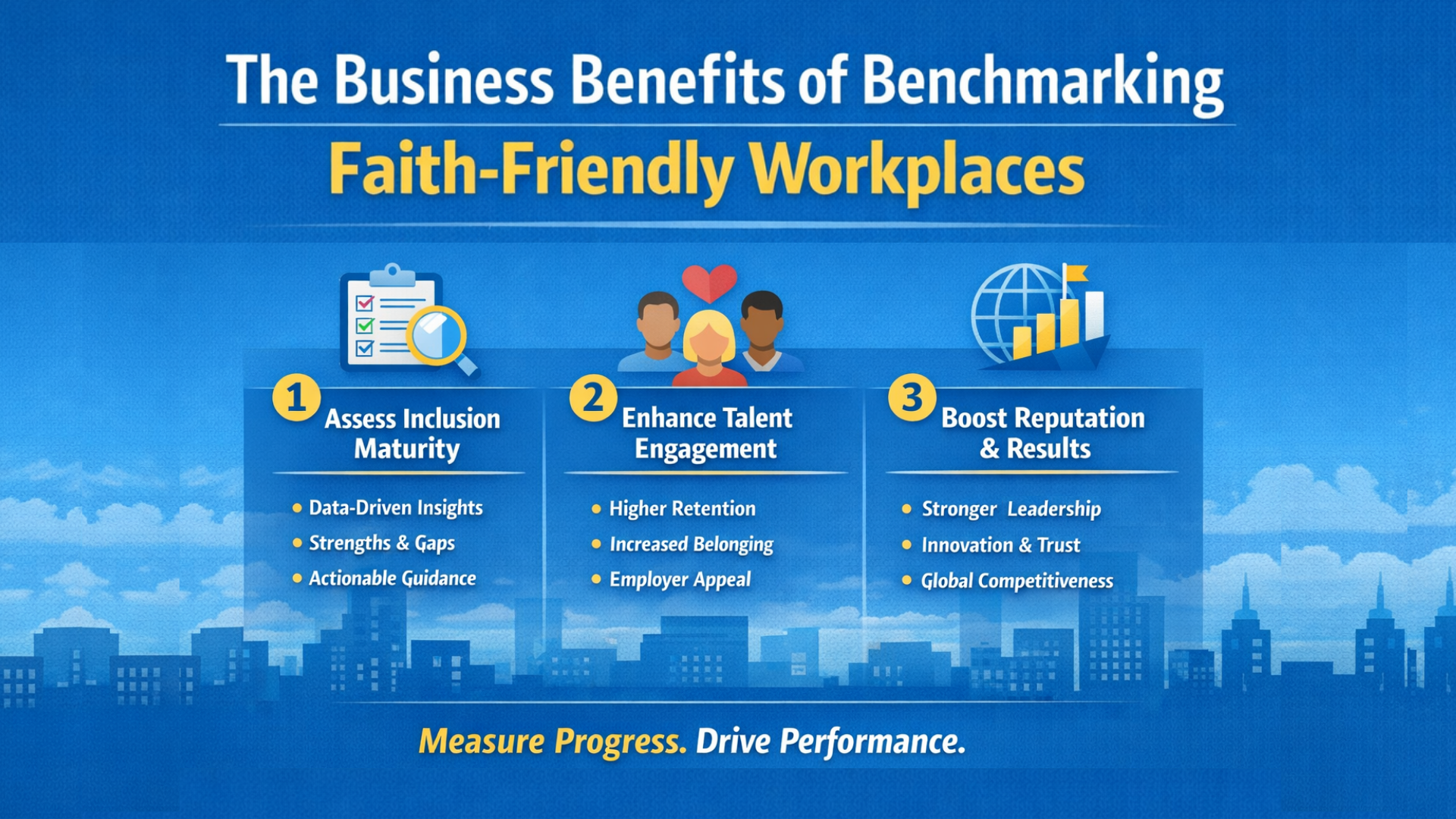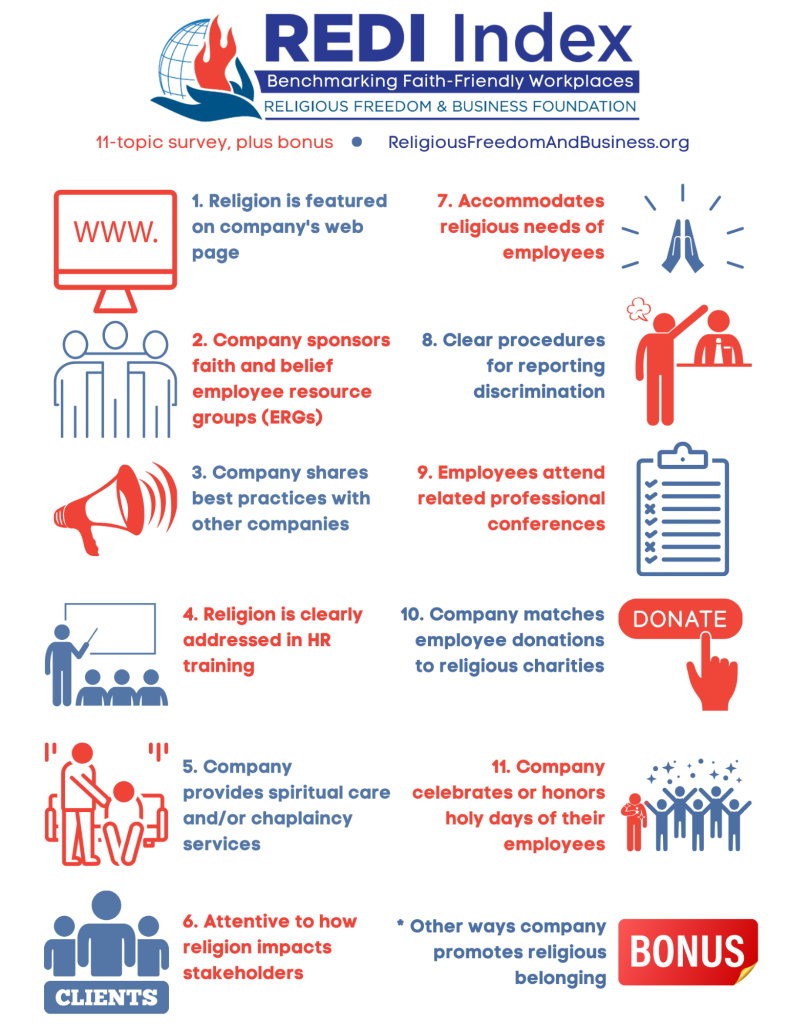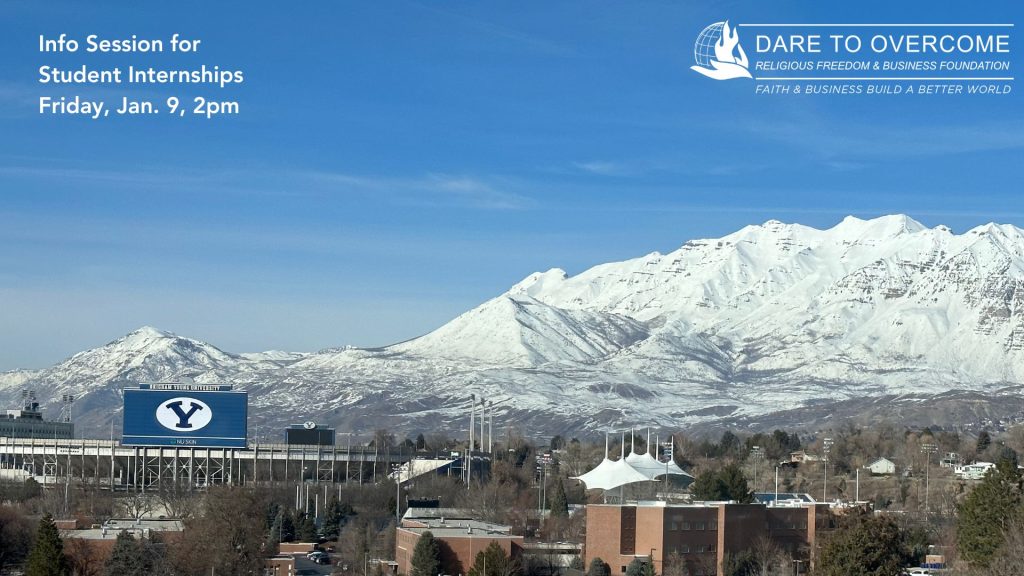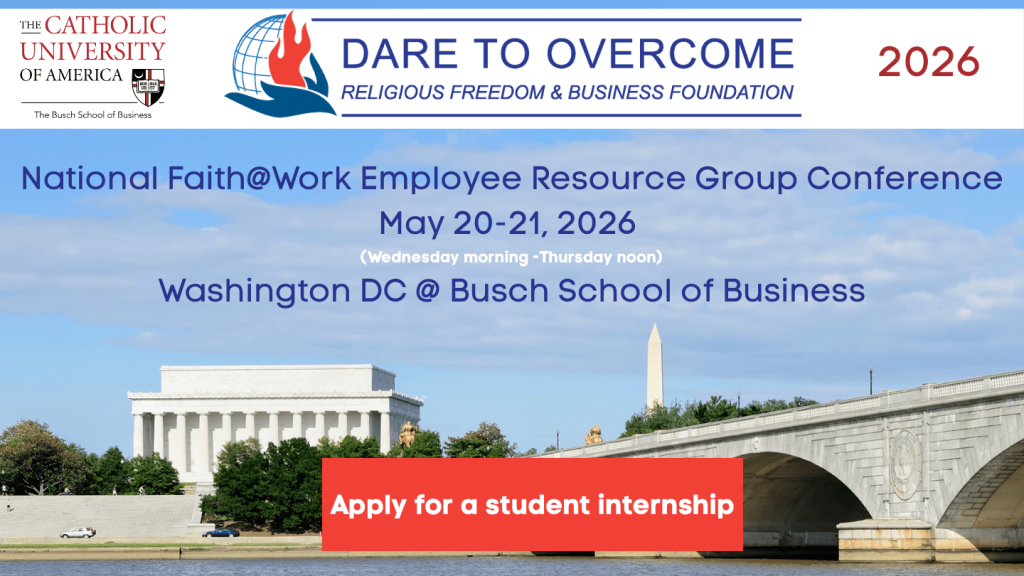The G20 Process & Challenges for Religious Freedom
Washington DC: Tuesday, February 3, 2026, 3:30 PM to 5:00 PM EST, Washington DC Hilton Hotel (Tickets Required)
This high-level IRF Summit Affiliated Session — sponsored by the G20 Interfaith Forum — will look ay how religious freedom is an integral factor in successful societies and economies.
Speakers:
- — W. Cole Durham, Jr., President, IF20
- — Katherine Marshall, Vice President, IF20, and President, World Faiths Development Dialogue
- — Brian Grim, President, Religious Freedom & Business Foundation
- — Imam Mohamed Jag Magid, Resident Scholar, ASAMS Center
- — Brett Scharffs, Director, International Center for Law and Religion Studies
- — Marianna Richardson, Communications Director, IF20
- — Eric LeCompte, Executive Director of the Jubilee USA Network
- — David Saperstein, Director Emeritus, Religious Action Center for Reform Judaism
The G20 Process & Challenges for Religious Freedom is a high-level IRF Summit Affiliated Session sponsored by the G20 Interfaith Forum, exploring how religious freedom remains an essential pillar of stable, prosperous, and resilient societies.
During 2026, the United States will host the G20 Summit. Coinciding with the 250th Anniversary of the Declaration of Independence, the 2026 year will provide numerous opportunities to profile ways that key values such as freedom of religion can contribute to global progress, as envisioned in the G20 process. The G20 Interfaith Forum Association (“IF20”) has organized conferences and related activities in connection with successive G20 events each year for the past twelve years, and we anticipate that 2026 has potential to pursue those objectives. The side event will highlight progress and impact over the past several years, exploring how advances in freedom of religion can contribute to the wider success of G20 objectives.
This event will focus on priority focus areas that will have particular relevance this year. The announced priorities for the 2026 year in the United States are (1) Deregulation and Economic Growth; (2) Energy Security; and (3) Innovation and Technology. Continuing G20 Interfaith Forum priorities link to these topics in several ways. The IF20 side event will include presentations, notably (1) Religious Contributions to Enhancing Economic Growth; (2) Religious engagement on Energy Security; and (3) Religion, Religious Freedom, and AI. It will address several IF20 priorities including food security, human trafficking, and priority issues for children, health (including mental health), and human flourishing.
This event is part of the lead up to further programs during the 2026 year organized by the G20 Interfaith Forum Association. Highlights will include a Forum session on key policy issues to be held in Washington, D.C. at Georgetown University, May 26, 2026, and a larger Forum held in Salt Lake City (hosted by the University of Utah and Brigham Young University) October 15-17, 2026.
Related:
— Plans for the 2026 G20 Interfaith Forum Year

